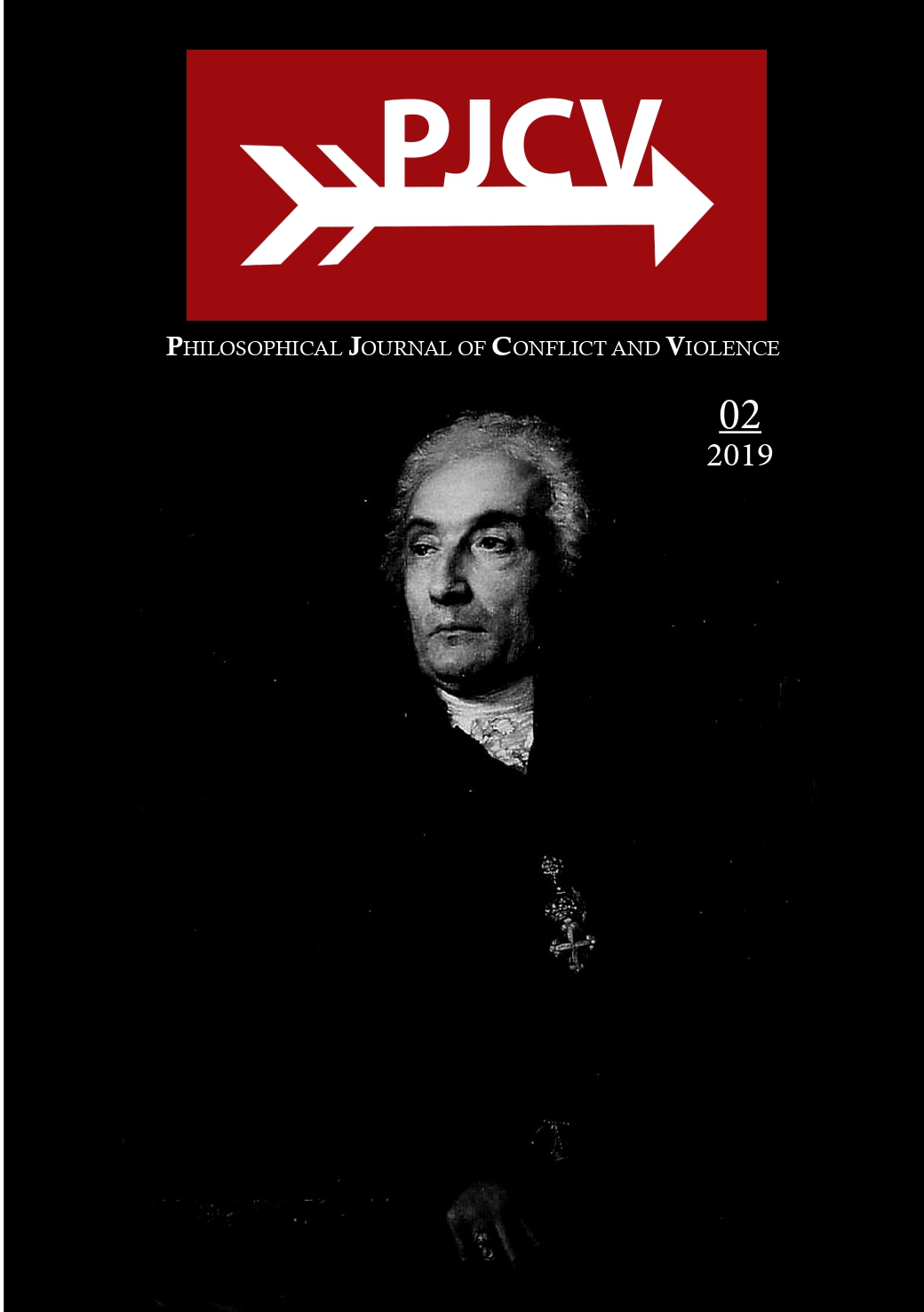Counterrevolutionary Polemics. Katechon and Crisis in de Maistre, Donoso, and Schmitt
Counterrevolutionary Polemics. Katechon and Crisis in de Maistre, Donoso, and Schmitt
Author(s): M. Blake WilsonSubject(s): Philosophy, Political Philosophy
Published by: Trivent Publishing
Keywords: Carl Schmitt; Revolution; Counterrevolution; Katechon; Political Romanticism; Constitutionalism; Joseph de Maistre; Juan Donoso Cortés;
Summary/Abstract: For the theorists of crisis, the revolutionary state comes into existence through violence, and due to its inability to provide an authoritative katechon (restrainer) against internal and external violence, it perpetuates violence until it self-destructs. Writing during extreme economic depression and growing social and political violence, the crisis theorists––Joseph de Maistre, Juan Donoso Cortés, and Carl Schmitt––each sought to blame the chaos of their time upon the Janus-faced postrevolutionary ideals of liberalism and socialism by urging a return to pre-revolutionary moral and religious values. They are united by three counterrevolutionary principles, all of which are purported to remedy revolutionary violence: traditional constitutional fidelity, the philosophy of the decision, and opposition to bourgeois liberalism. This essay is followed by the first complete English translation and publication of Donoso’s letter of October 24, 1851, which contains Donoso’s only reference to the “discussing class,” a political entity later popularized by Schmitt in his 1922 work Political Theology.
Journal: The Philosophical Journal of Conflict and Violence
- Issue Year: 3/2019
- Issue No: 2
- Page Range: 73-95
- Page Count: 23
- Language: English

